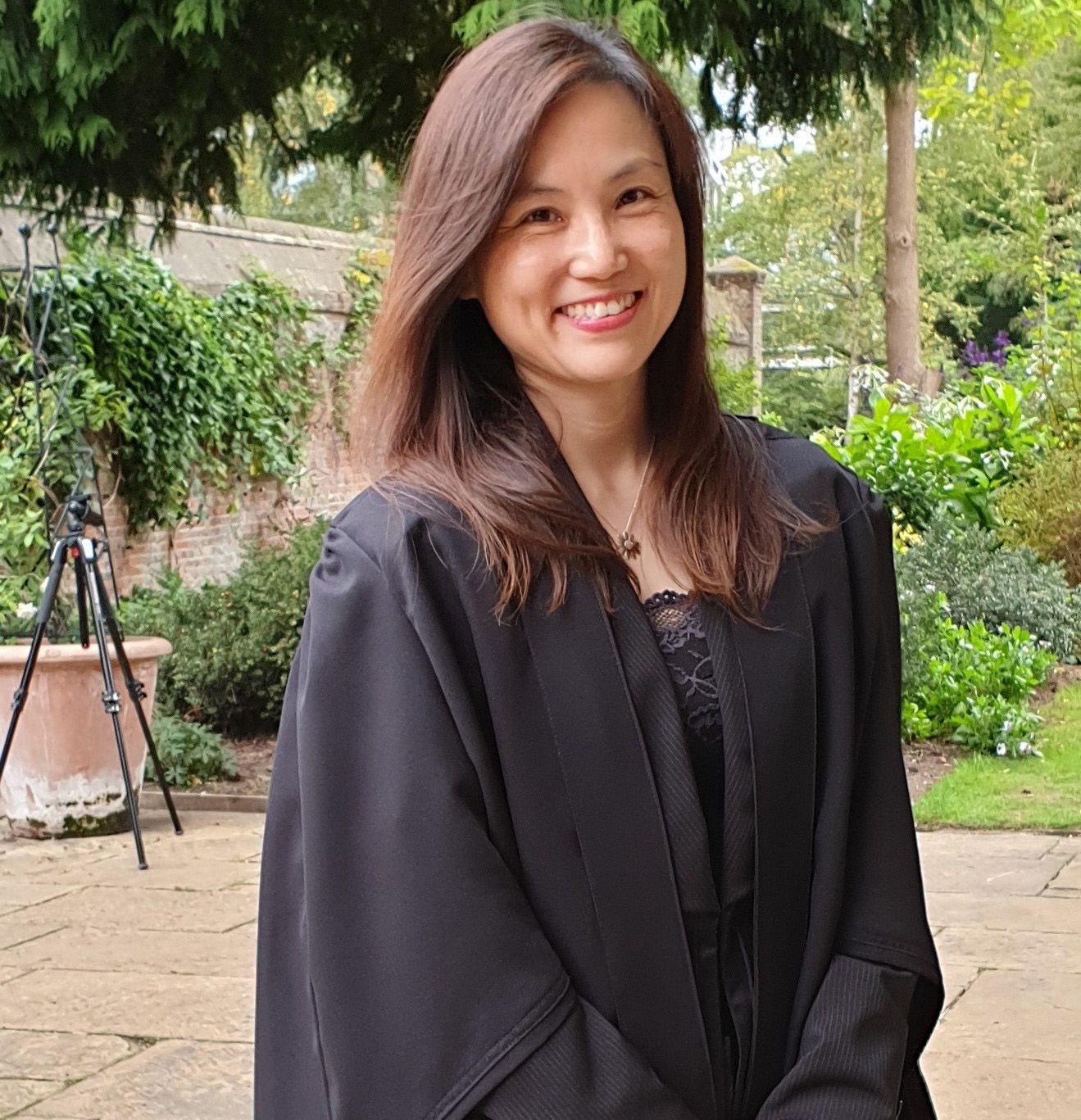A long, hard journey
From a small Hong Kong fishing village to a Computer Science PhD at the University of Cambridge.
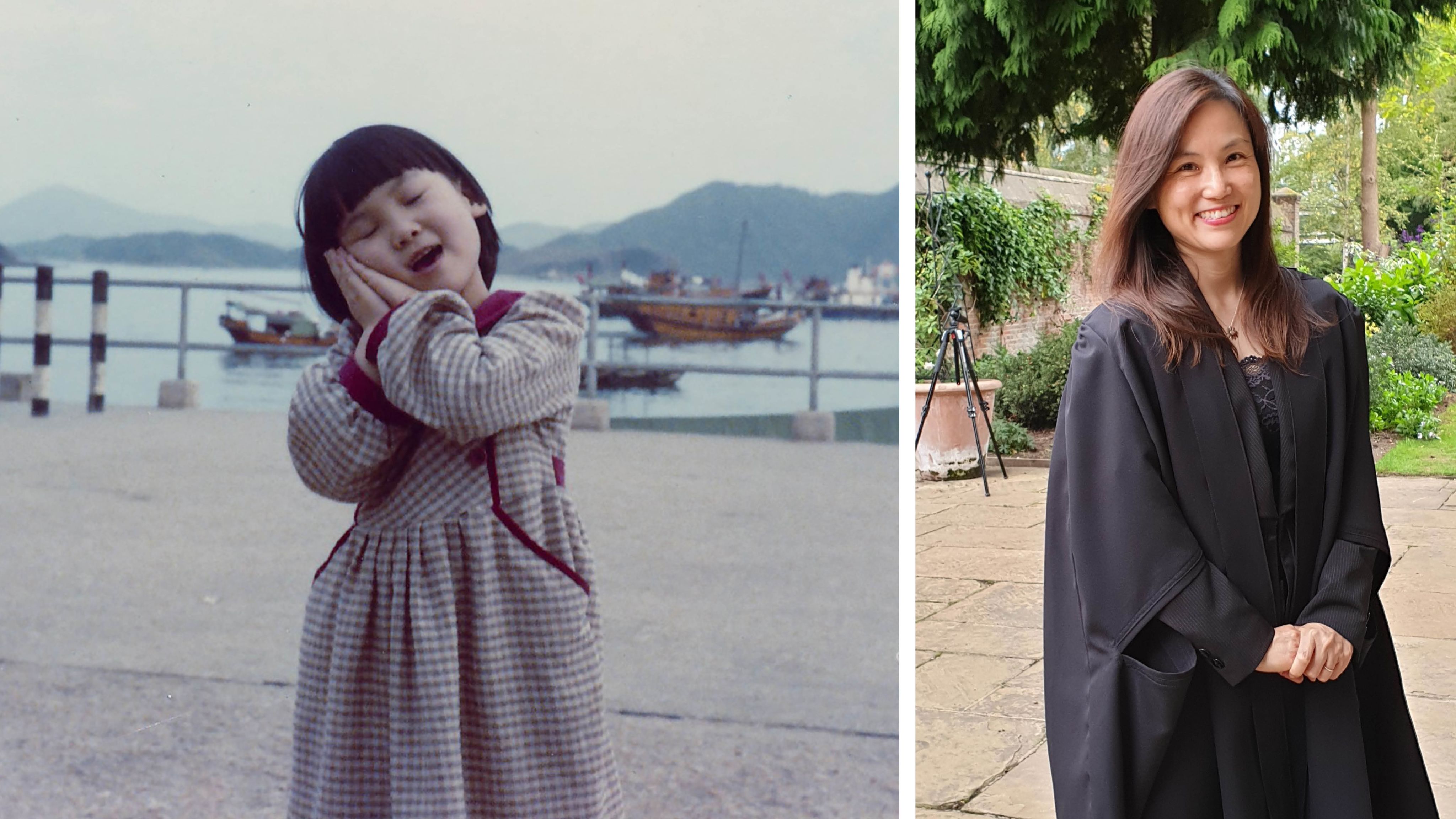
A long journey
Jessica Man has come a long way – in all senses – to get to our Department. A mature PhD student here, her journey began in a remote fishing village in Hong Kong where she remembers queuing for water because the water supply was limited and being part of a family that didn’t consider it necessary for girls to get an education.
In her early teens, she was brought to the UK and left here on her own, knowing almost no English and working in a Chinese takeaway to support herself. Yet she managed to put herself through school and university – and excelled. She recently gained her MPhil in Advanced Computing Science here with distinction, and won a Best Paper Award for her research. She was then awarded a Harding Distinguished Postgraduate Scholarship to fund her PhD. This is a bursary given to the most talented students in any discipline from around the world.
Jessica has agreed to tell her story to show, that with talent and determination, it is possible to overcome adversity. And that the generosity of donors like David and Claudia Harding – and other individuals and companies who fund PhDs here – gives highly deserving students the support they need to fulfil their academic potential.
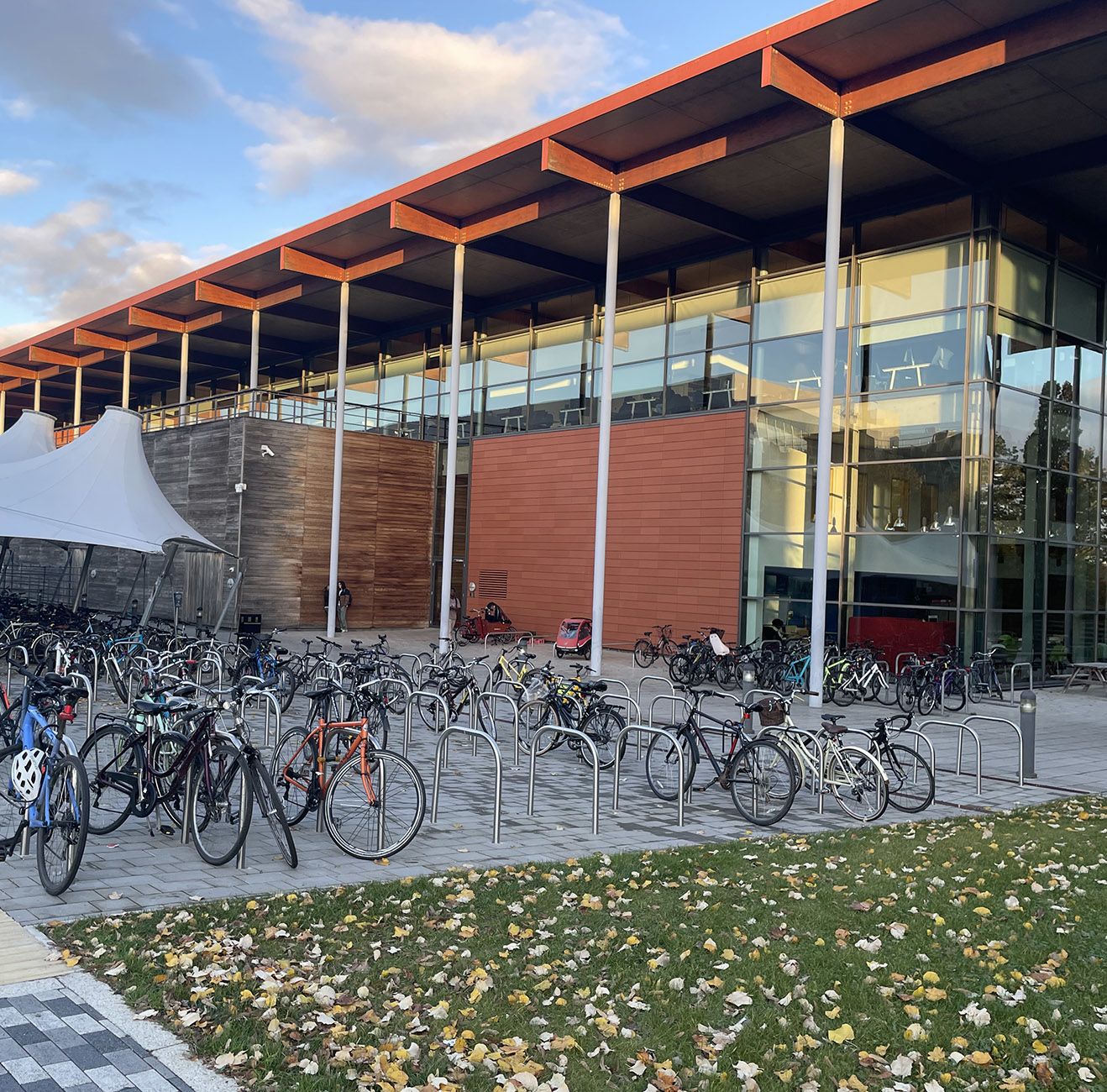
"Girls don't need much education."
I grew up in a fishing village in Hong Kong where my parents ran a shop. They were not educated – in fact, my mum was typical of a traditional Chinese family where it’s felt that girls don’t need to have much education. Looking back, my childhood was not perfect but it was pretty good and I developed a very positive attitude to life. Then I came to the UK. All of a sudden, I lost everything that had been familiar and comfortable to me. I didn’t have my parents, I didn’t have any friends and I didn’t speak much English.
I have several siblings who all now live in the UK and work in Chinese takeaways. They moved here first, then my parents brought me here when I was 15. As a British Dependent Territories Citizens passport holder, I was eligible to stay in this country. My parents thought the process for me to become a full British citizen would take only a few weeks. When they discovered I’d need to stay here for at least five years, they decided to leave me here and went back to Hong Kong.
I was left with a friend of my mother’s. I shared a room with her daughter, and was given food. But I had to work in their Chinese takeaway six days a week. I remember burning myself many times! I didn’t question anything but knew I must work hard. I felt I should be grateful I had a place to stay and not complain even though I was getting very little money for the work I did.
I went to a local school, but my schoolwork was seen as secondary by everyone else except me. My life was pretty much just attending school and working in the takeaway. But one day a week my brothers had time off and would come and take me out after school. I always looked forward to that.
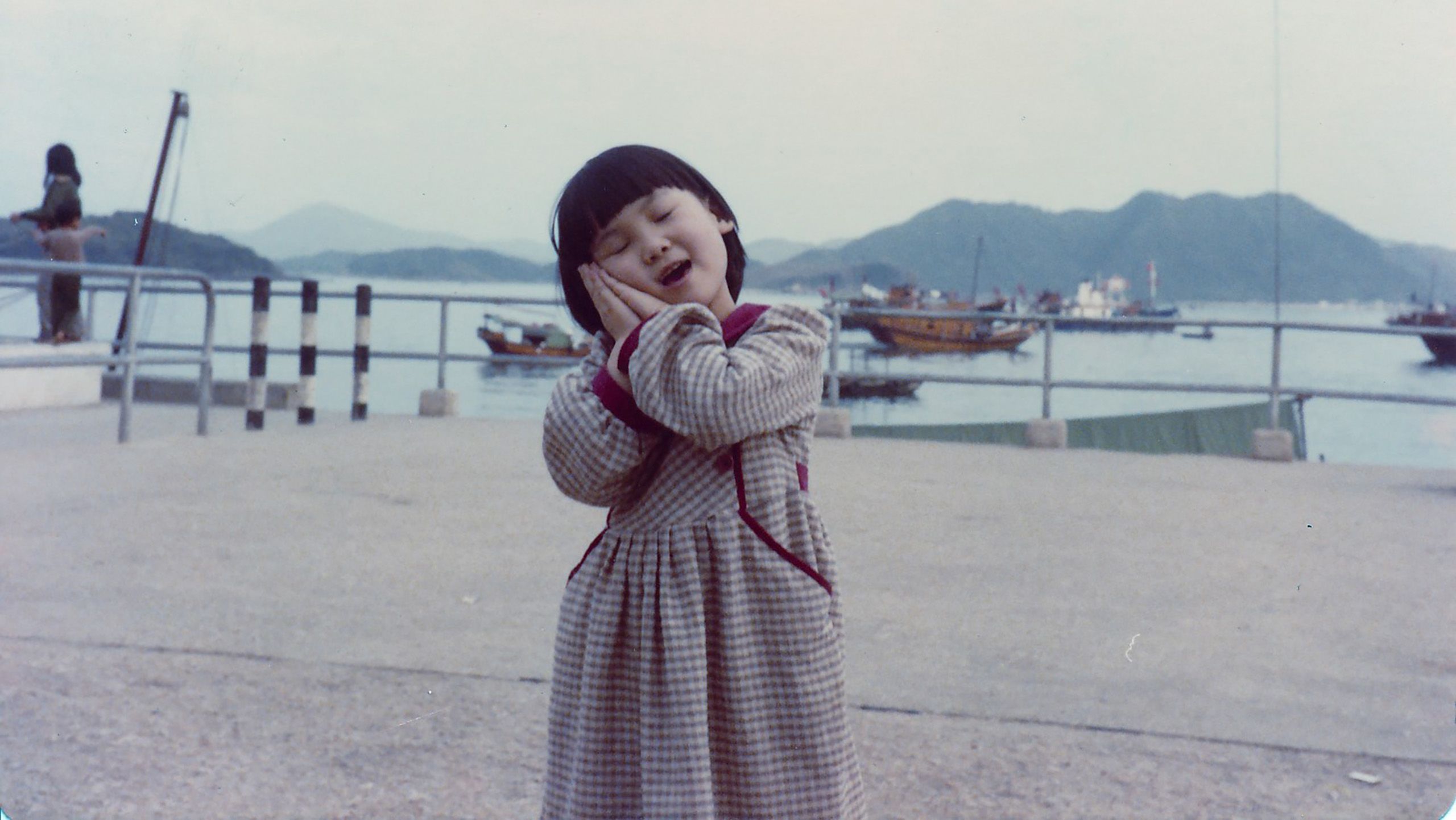
Getting into university
I had no issues at school in Hong Kong - but found it extremely difficult when I started school here. In part, it was the language barrier, but I also had no help. I hadn’t a clue how to do school projects. I remember bursting into tears when the English teacher asked the class to write an essay about a live performance of a Shakespeare play! I was miserable. But gradually, things got better.
My love of maths, physics and computer science got me a place at the University of Manchester. I moved to Manchester to live with my brothers who were running a Chinese takeaway. I worked six nights a week to fund my education and eventually get a place of my own. During my second year at uni, sadly, my father passed away. When I graduated with a first-class honours degree, he wasn't there to see it. That still saddens me today.
I wanted to continue and do a Masters in Advanced Computer Science, but my mum didn’t support the idea. I don’t blame her: it wasn’t that she didn’t care, simply that she couldn’t understand why I would study more when I already had a degree. Her values and mine were quite different.
I managed to secure funding from the Engineering and Physical Sciences Research Council to do my Masters and it was wonderful! It was the first time since arriving in this country that I could stop working full time and concentrate more on my studies.
After my Masters, I wanted to stay on for a PhD but knew I would struggle without proper funding. And I didn’t want to work in a takeaway anymore! So I went looking for a job.
I started as a graduate software engineer in Ericsson's Satellite division in Basingstoke. I treasured my time there: I met many very nice people and learned a lot. Sadly, the company decided to shut down the Satellite projects so I took up an opportunity from IBM Hursley and joined their Java Technology Centre development team. I stayed with IBM for nine years, moving up from being a software engineer to technical lead, and from product development to being an IT specialist to help building solutions for IBM’s clients. Then a friend referred me to Goldman Sachs. I joined Goldman Sachs as a Java Virtual Machines specialist. My day-to-day task was to support the internal developers on anything related to Java.
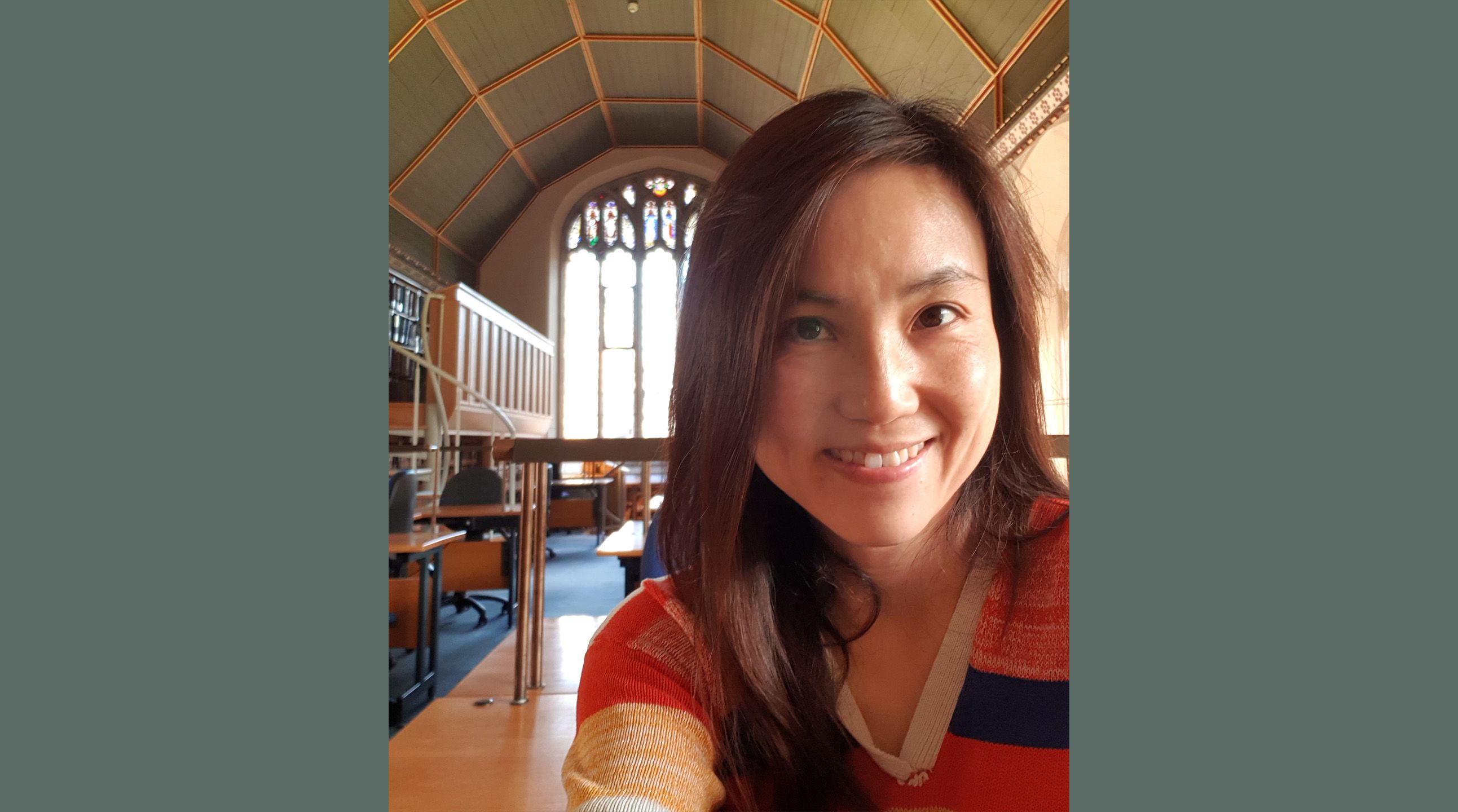
"I am hoping my story can inspire someone who is having even the slightest doubt – if I can do it, you can too."
Jessica Man
Rekindling my research interests
I became passionate about the need for more reliable software and better ways to monitor and address performance issues. I helped develop a new diagnostic tool and that led to a role managing a global team on application monitoring. Later, I went back to being a software engineer again on a cloud project. Developing solutions on the cloud was a lot of fun! There were lots of fascinating challenges on the security side, range from authentication and authorization to data protection as well as privacy and integrity concerns.
That rekindled my interest in research. I wondered if I might have achieved and contributed more to the field if I had gone down the academic path? In the end I decided to try it out, as it was the only way to find out. The decision was painfully difficult to make though!
As I live in Cambridge with my family, I wondered if the University might offer me a place to do a PhD. I approached Professors Ross Anderson, Alastair Beresford and Robert Watson.
I wasn’t confident: I thought university was only for the young and fresh-minded, I knew I wasn’t a typical candidate. I asked if the University would take someone like me – and they were all very encouraging. Ross told me he'd worked in industry before doing a PhD and didn’t see it as an issue. He was more interested in finding out what my research interests were. Ross and Alastair both suggested I do an MPhil before committing to a PhD. I applied and was over the moon when I was accepted! However, at the matriculation event at Queens’ College, I saw this sea of young freshers in their gowns, all ready to start the year, and felt totally out of place! I thought to myself ‘I don’t belong here’. But over the year, no-one made me feel like an outsider: fellow students and academics all treated me like any other student.
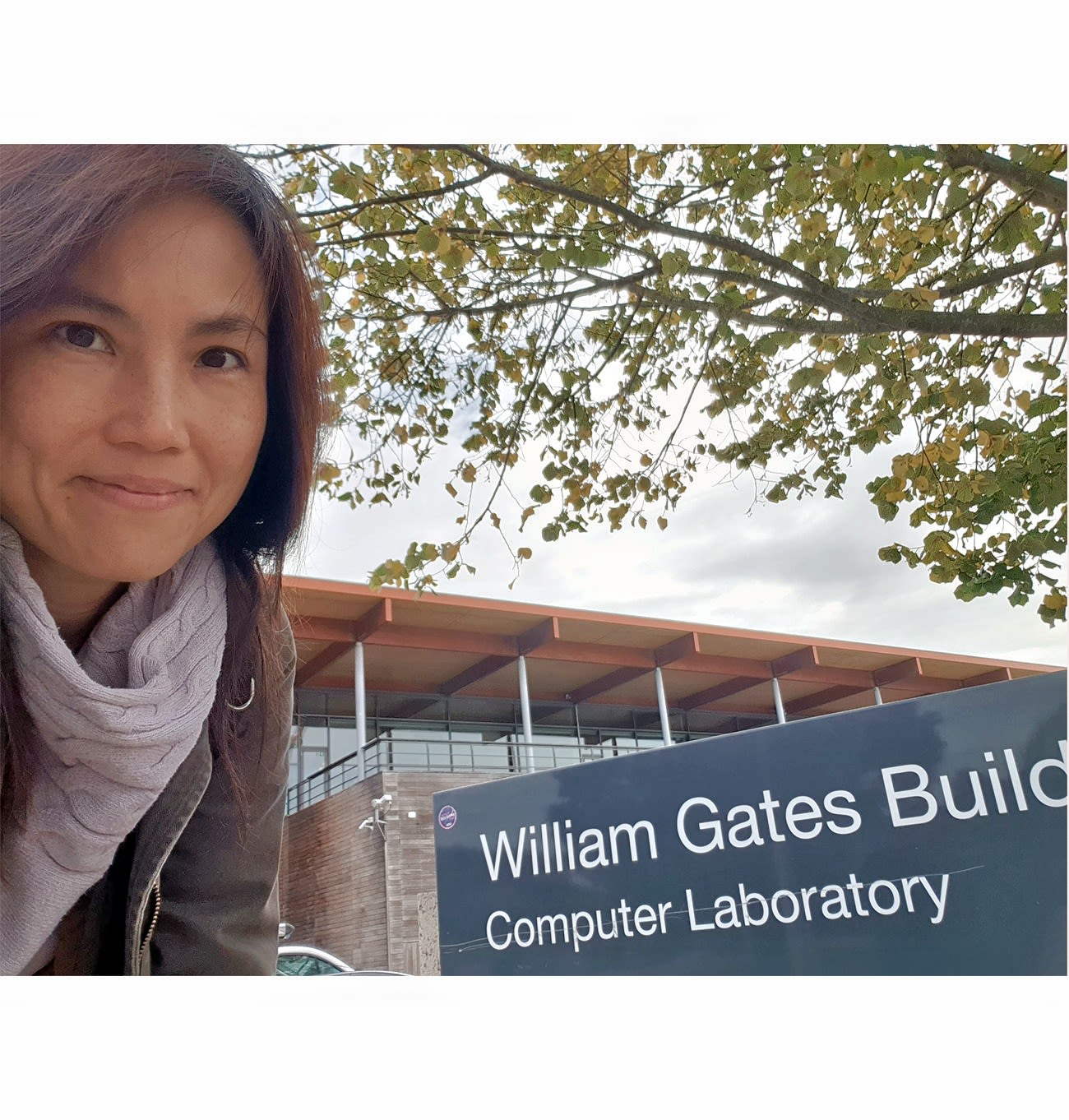
A graduate student at Cambridge
I really enjoyed the MPhil and learned so much. I’m particularly interested in areas where security engineering meets social science, so when Professor Alice Hutchings suggested an MPhil project to me, finding out if there is a relationship between cybercrime and autism, I was fascinated.
Many people assume there's a link between autism and having advanced computer skills, especially as some high-profile cybercrime offenders have been found to be autistic. In our research, we asked if this is fair? And do we have the data to support it? Keen to find answers, we used data the Cambridge Cybercrime Centre had gathered from HackForums, one of the largest and most active underground forums. We applied natural language processing techniques to categorise the data to find out: (i) What is the nature of autism-related conversations on a large cybercrime forum? (ii) And are those users who self-disclose as autistic more or less likely to discuss cybercrime compared to a matched sample on the same forum?
We found that words relating to autism are mostly used as an insult to other users of the forum, showing that autism isn't perceived positively within this community. We also saw significant differences between those users who disclose themselve as autistic and other users. In general, those who claim to be autistic post more on the forum than others - but their posts are less likely to be classified as cybercriminal when compared with others.
This research won the Best Student Paper Award at eCrime 2023, the annual Symposium on Electronic Crime Research. I'm really grateful for this: it gave me a sense of achievement I didn’t think was possible and was the best 'thank you' I could give my supervisor Alice and co-supervisor Gilberto Atondu Siu!
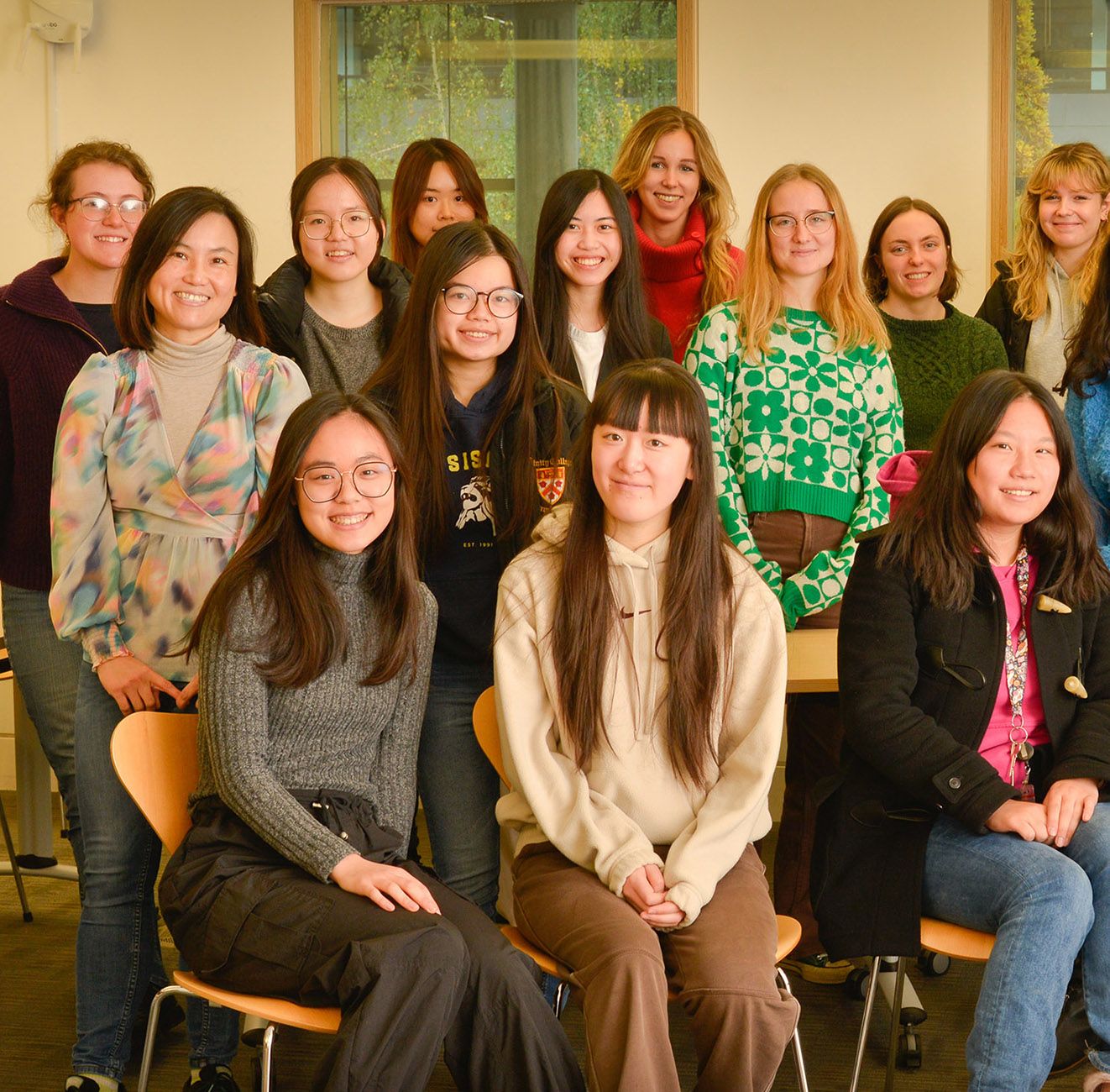
Starting my PhD
I’m staying in systems and security research for my PhD. My current research focus is around decentralised digital identities, especially in parts of the world where advanced technology is not easily accessible. I am also interested in finding out if there is a way to quantify trustworthiness in systems. I don't know how all the different digital identities I have created in the past are being used, in fact I don’t even know how many there are. It bothers me that I can’t tell how much I should trust an entity when contacted. Identities play a large part in how we react to communications and contents on the internet, social media, and emails. I am hoping that my research could help to improve the digital world and in turn make a positive impact on people’s lives.
I wouldn’t have been able to stay on for my PhD without funding, so I’m very grateful for the Harding Scholarship. That offers me not just financial help but the support of a whole community of fellow Harding Scholars. The Scholars’ programme provides events from sessions where we share our research with each other, to meetings where professional speakers talk to us about improving our presentation skills or increasing the impact of our PhD research. There are also social outings that help us expand our network. I'm extremely thankful to receive this Scholarship.
Through this story I am hoping to express my heartfelt gratitude to those who believed in me when I was doubting myself and to everyone who helped and supported me. I know how valuable support and encouragement is for students and that's why I'm Chair of Women@CL, an initiative to support female Computer Scientists in the Department.
I cannot thank the Department of Computer Science and Technology enough for giving me the opportunity to study here. At the same time, I am hoping that this story can inspire someone who is having even the slightest of doubt – if I can do it, you can too.
